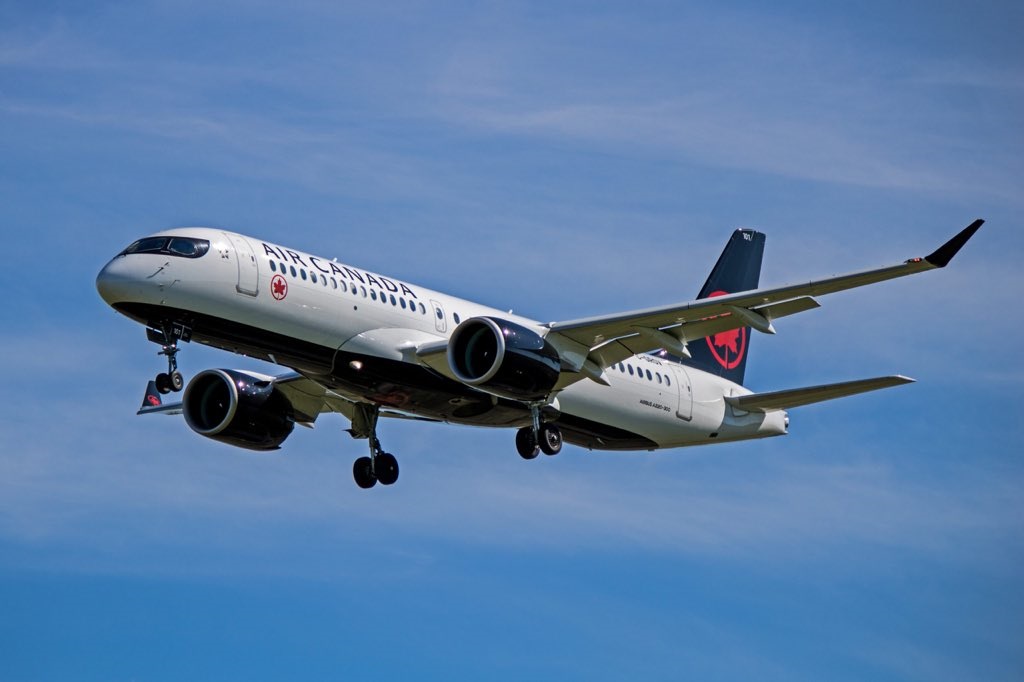


Even though it stood ground on a denial mode, after a court verdict ,Air Canada has been forced for a partial refund to a grieving passenger who was misled by an airline chatbot inaccurately explaining the airline's bereavement travel policy, which can also be considered as one of a kind.
On the day Jake Moffatt's grandmother died, Moffat immediately visited Air Canada's website to book a flight from Vancouver to Toronto. Unsure of how Air Canada's bereavement rates worked, Moffatt asked Air Canada's chatbot to explain.
Carrier's chatbot provided inaccurate information, encouraging Moffatt to book a flight immediately and then request a refund within 90 days.
In reality, Air Canada's policy explicitly stated that the airline will not provide refunds for bereavement travel after the flight is booked. Moffatt dutifully attempted to follow the chatbot's advice and request a refund but was shocked that the request was rejected.
Moffatt tried for months to convince Air Canada that a refund was owed, sharing a screenshot from the chatbot that clearly claimed:
If you need to travel immediately or have already travelled and would like to submit your ticket for a reduced bereavement rate, kindly do so within 90 days of the date your ticket was issued by completing our Ticket Refund Application form.
Air Canada argued that because the chatbot response elsewhere linked to a page with the actual bereavement travel policy, Moffatt should have known bereavement rates could not be requested retroactively. Instead of a refund, the best Air Canada would do was to promise to update the chatbot and offer Moffatt a $200 coupon to use on a future flight.
Not satisfied with this resolution, Moffatt refused the coupon and filed a small claims complaint in Canada's Civil Resolution Tribunal.
However, Air Canada believes , Moffatt never should have trusted the chatbot and the airline should not be liable for the chatbot's misleading information because Air Canada essentially argued that "the chatbot is a separate legal entity that is responsible for its own actions," a court order said.
Moffatt's case appears to be the first time a Canadian company tried to argue that it wasn't liable for information provided by its chatbot.
Tribunal member Christopher Rivers, who decided the case in favor of Moffatt, called Air Canada's defense "remarkable."
"Air Canada argues it cannot be held liable for information provided by one of its agents, servants, or representatives—including a chatbot," Rivers wrote. "It does not explain why it believes that is the case" or "why the webpage titled 'Bereavement travel' was inherently more trustworthy than its chatbot."
Further, Rivers found that Moffatt had "no reason" to believe that one part of Air Canada's website would be accurate and another would not.
Air Canada "does not explain why customers should have to double-check information found in one part of its website on another part of its website," Rivers wrote.
You may like to read....
In the end, Rivers ruled that Moffatt was entitled to a partial refund of $650.88 in Canadian dollars (CAD) off the original fare (about $482 USD), which was $1,640.36 CAD (about $1,216 USD), as well as additional damages to cover interest on the airfare and Moffatt's tribunal fees.
CRT has ordered that within 14 days of the date of the order, Air Canada must pay Mr. Moffatt a total of $812.02, broken down as follows:
Picture : José L. Manzella
